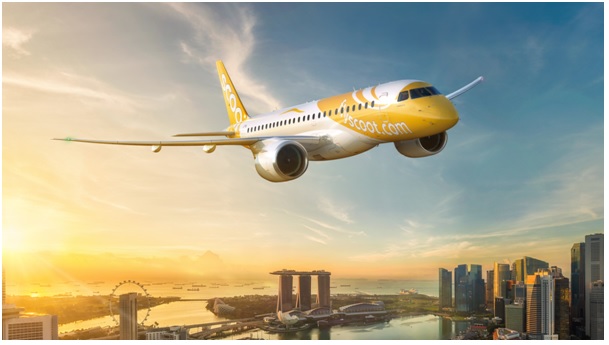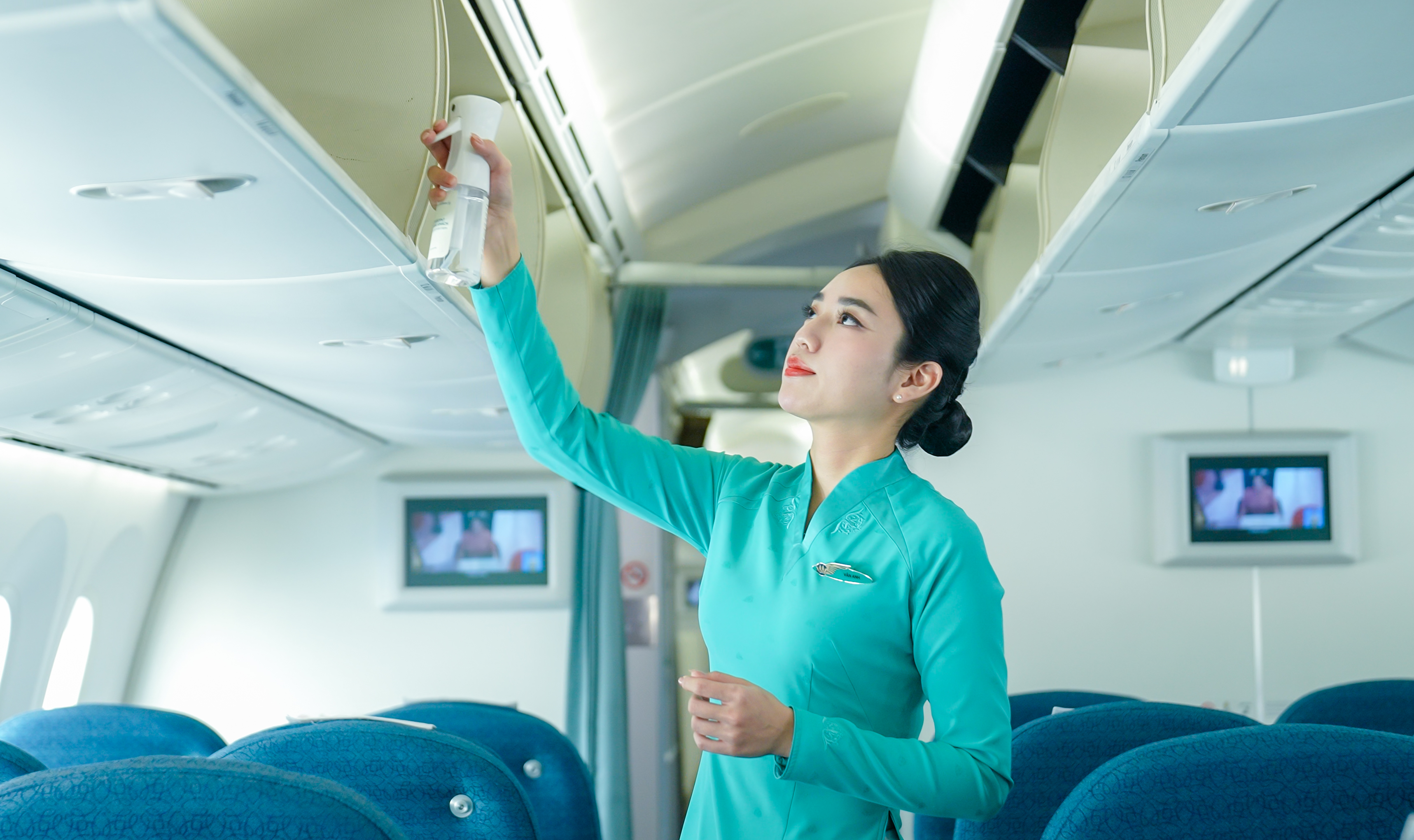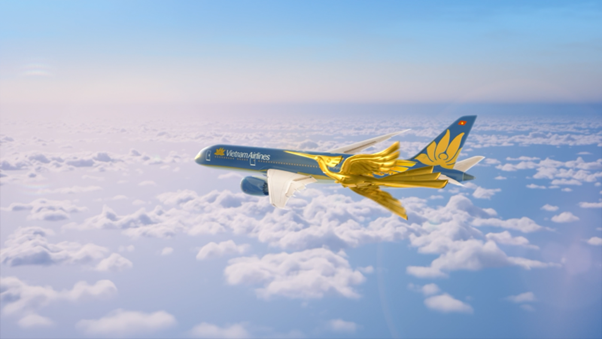
Mr Leslie Thng, Scoot’s Chief Executive Officer, said, “The agreement to include nine new E190-E2 aircraft in our fleet allows us to continue operating a modern and fuel-efficient fleet, and support our network growth strategy by serving thinner routes to non-metro destinations out of Singapore. As the first Singaporean carrier to operate the E2s, we are excited to be working with our partners at Embraer to improve our network connectivity and increase travel options for our customers.”
“We are thrilled to support Scoot and its exciting expansion plan to serve more short and medium haul flights across Southeast Asia”, said John Evans, Azorra’s CEO. “Scoot’s selection of the E2 is a resounding endorsement of Embraer’s E2 product line and the crossover segment. With the addition of E2s, Scoot becomes the first Singapore-based airline to operate crossover aircraft, demonstrating the emerging capacity rationalization trend amongst operators globally.”
Arjan Meijer, CEO Embraer Commercial Aviation, said, “We welcome Scoot as the region’s first major operator of the E2. The team at our APAC headquarters in Singapore is proud to support the airline in its quest to enhance connectivity and growth in the region, supporting the further development of its Singapore hub. This is the value the E2 brings to airlines – complementing larger narrowbodies to grow and maintain networks. Passengers will enjoy the unique comfort of Embraer’s signature two by two seat configuration and modern interior. Work is already underway to prepare for the aircraft’s entry into service.”
The E190-E2 is part of Embraer’s latest E-Jets E2 family of commercial jets, which entered into service in 2018. Airlines such as KLM, Porter, and Azul operate the E-Jets E2 family of aircraft, and new operators, including Royal Jordanian, Salam Air and TUI, were recently announced.
Embraer’s E-Jets E2 family of aircraft delivers the best environmental efficiency, operating performance, and passenger comfort. The aircraft’s sophisticated aerodynamics, novel wing design and new technologies deliver a 25% decrease in carbon emissions and fuel burn over the previous generation E-Jets.
The E190-E2 and the E195-E2 was designed using the 20 million hours of experience the first generation of E-Jets accrued, ensuring that the E2 aircraft are modern and advanced, yet retain the maturity and reliability of the previous generation aircraft. The first-generation E-Jet is one of the most successful commercial jets in the industry and continues to operate across the globe, with more than 80 airlines across 50 countries and more than 1,700 units delivered.
Embraer is committed to developing products, solutions, and technologies to contribute to the aviation industry’s goal of achieving net zero emissions by 2050. Embraer aims to be carbon neutral by 2040 and achieve carbon neutral growth from 2022. It plans to implement 25% sustainable aviation fuel (SAF) use in its operations by 2040 and 100% renewable energy sources by 2030.
In June 2022, having already been certified for operations using sustainable aviation fuel (SAF) blends of up to 50%, the E195-E2, successfully completed a test flight using 100% SAF, further reinforcing Embraer’s commitment to emissions reduction and sustainable aviation. The E195-E2 is the largest aircraft of the E-Jets E2 family.
Cre: Asian Aviation











